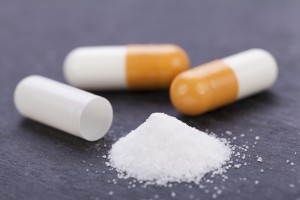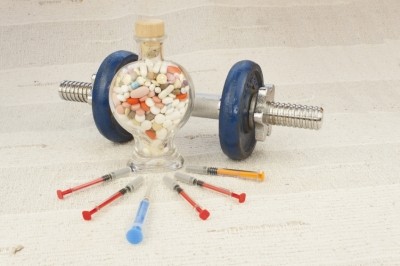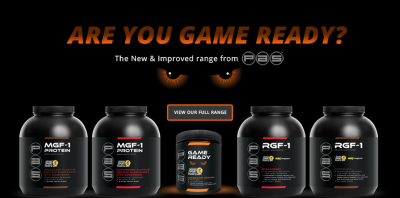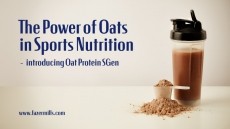DMAA doping or contamination?
Food supplements fingered as German doping ban reduced

The Swiss-based court has not yet released the full appeal ruling regarding German cross-country skier and biathlete, Evi Sachenbacher-Stehle, but the source of DMAA (1,3-dimethylamylamine/methylhexaneamine) is believed to be an organic green tea product.
DMAA is a stimulant banned in food supplements across Europe and most of the world and appears on the World Anti-Doping Agency (WADA) prohibited list.
Partially upheld
Sachenbacher-Stehle tested positive for DMAA at the Sochi Winter Olympiad in Russia this February. She blamed a contaminated food supplement but her national association banned her for two years at which point she appealed to CAS, which fundamentally agreed with her defence.
“Having considered the parties’ submissions and oral evidence, the Panel has partially upheld Ms Sachenbacher-Stehle’s appeal, finding that the adverse analytical finding was due to contamination and that the athlete’s degree of fault was minimal,” CAS said.
Because the ban began on February 17, it technically ended on August 16, and she is free to compete again.
The verdict is similar to another high-profile case dating back to the 2010 Tour de France when CAS found a banned substance (clenbuterol) had most likely entered the body of Spanish cycling champion Alberto Contador via a contaminated food supplement, even though the rider said it had come from contaminated meat. But in that case Contador’s 2-year ban was upheld despite the supplement finding.
The WADA code states athletes are responsible for all bodily inputs and only in extreme circumstances can bans be reduced or rescinded if the inadvertent source can be located with a high enough degree of certainty.
Industry harm
Food chemist Dr Beate Pfundstein at BDIH, a group that represents food and supplement manufacturers in Germany, said more information was needed about the product in question but noted, “Dietary supplement manufacturers that produce falsely declared ‘contaminated’ products and violate legal rules harm the entire industry.”
However blaming supposedly contaminated food products is a common defence for athletes who fail doping controls, and one that rarely impresses the courts.
“Athletes continue to talk tosh about contaminated supplements,” Chris Whitehouse, European Specialist Sports Nutrition Alliance (ESSNA) director of strategy, told us earlier this year.
“No responsible manufacturer or brand manager wants to see contaminated product on the market, it undermines the value of the business. Furthermore, isn’t it bizarre how the ingredient detected by testing athletes is always one that would help their performance?”
Contamination concerns
On the issue of contamination, Dr Mark J Tallon, managing director of UK food law consultancy, Legal Foods Ltd, said plenty was being done to thwart it, at least at the centre of the industry.
“The wider issue of adulteration is one the conscientious side of industry continues to try to stamp out through a co-ordinated approach with competent authority food agencies, medicines agencies and third part testing to reduce the risk of inadvertent contamination,” he said.
“There is also a drive across the industry to bring appropriate enforcement action against those who deliberately manufacture such goods.”
But scientists at the Chemical and Veterinary Investigation Agency (CVIA) in Karlsruhe, Germany recently analysed 16 supplement products – most of which had been seized by German customs officers. Nine of the samples tested positive for DMAA, with the concentration ranging between 3.1-415g/kg.
DMAA (1,3-dimethylamylamine/methylhexaneamine) has caused more doping bans than any other doping product since it was added the WADA prohibited list in 2010.

















